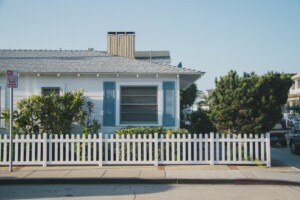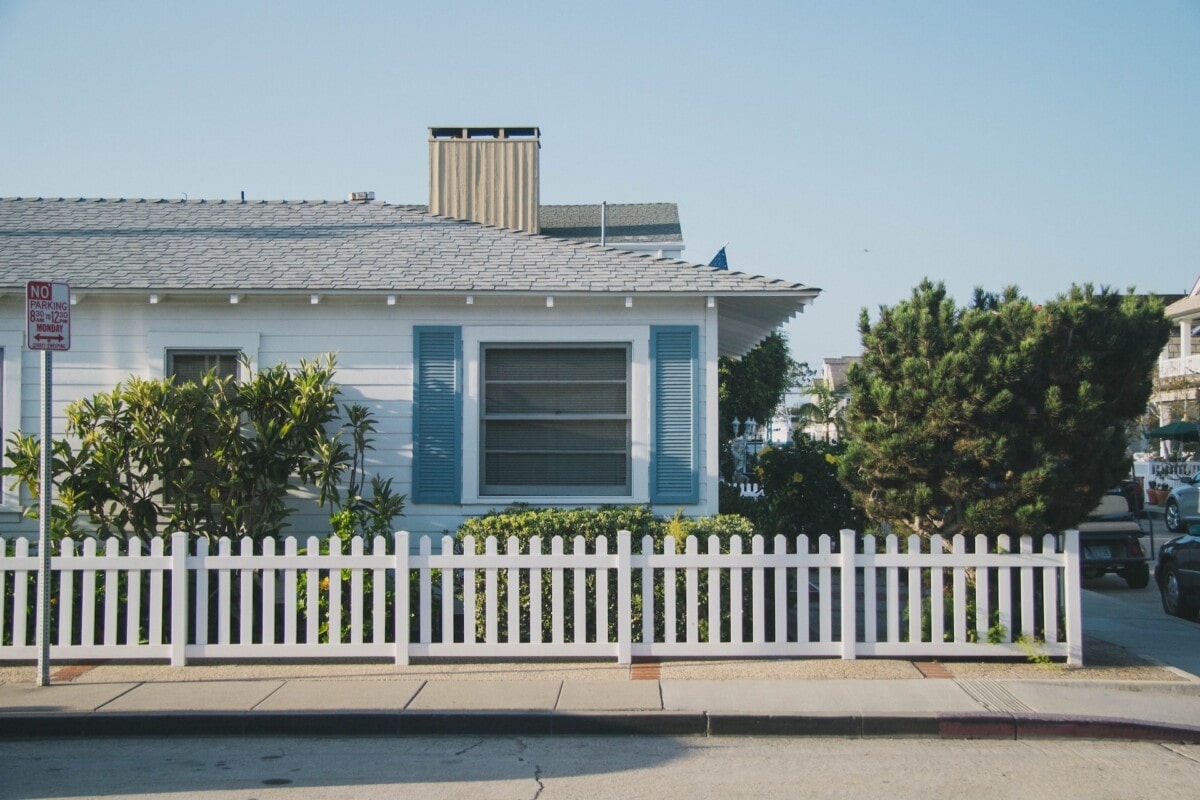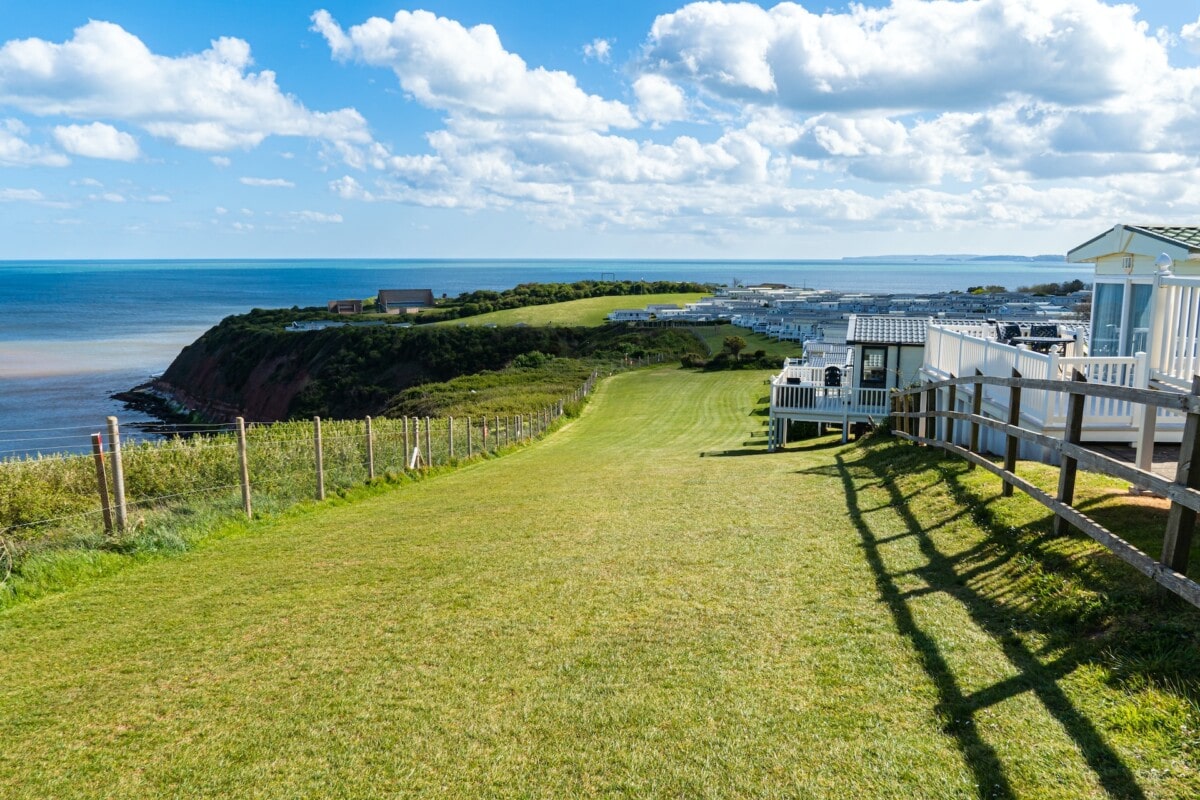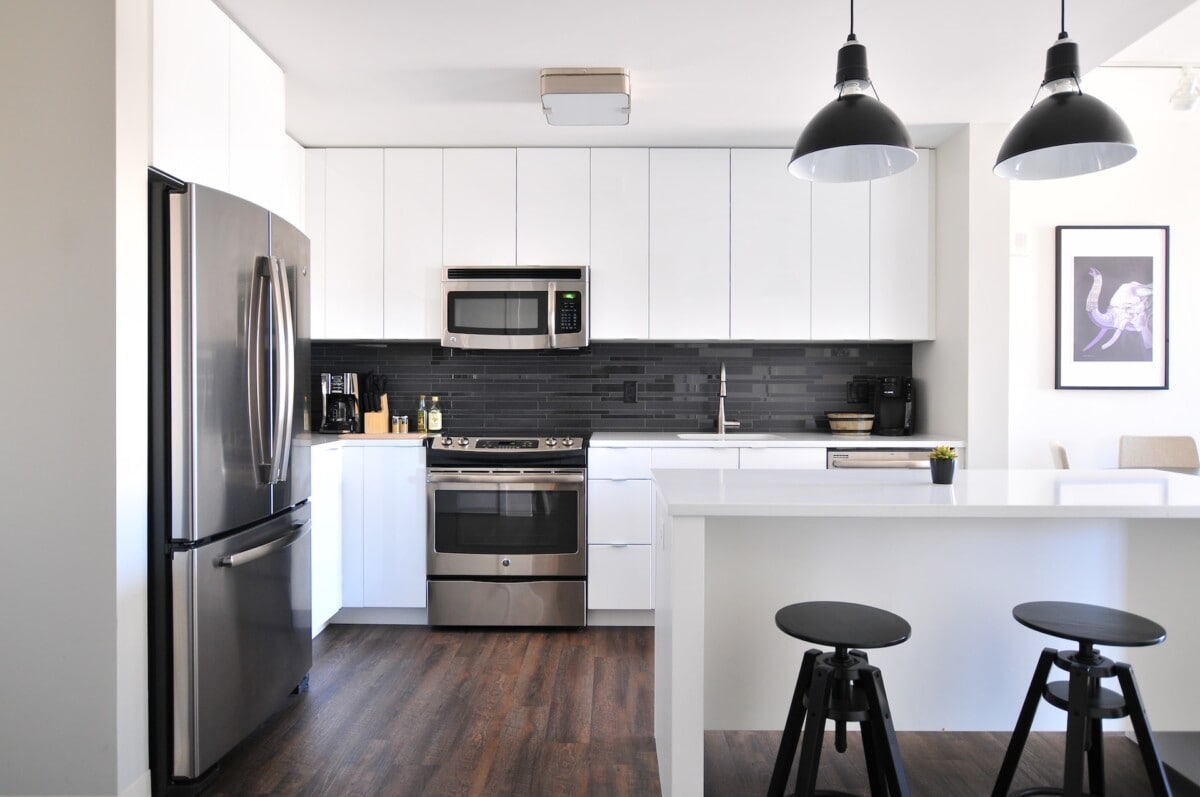A Comprehensive Guide to Buying a Mobile Home

Welcome to the ultimate guide to buying a mobile home – an increasingly popular housing option that offers affordability, flexibility, and a unique lifestyle. Maybe you’re a first-time buyer searching for an affordable entry into homeownership, or perhaps you’re looking to downsize and embrace a more minimalist way of living. Understanding the ins and outs of buying a mobile home is crucial.
This Redfin article will walk you through the key considerations, benefits, and potential challenges associated with mobile homeownership. So whether you’re looking for mobile homes in Tallahassee, FL, mobile homes in Austin, TX, or just want to know more about this home type, read on to get started.

What is a mobile home?
A mobile home, also known as a manufactured home, is a type of prefabricated housing constructed in a factory and then transported to its intended location. Built to specific standards, these homes are typically placed on a foundation, either temporary or permanent, but once set, they’re not designed for frequent relocation. Their factory-built nature often makes them more affordable than traditionally constructed homes, and they can vary in size, with options ranging from single to multiple sections.
Types of mobile homes
Mobile homes come in various sizes and configurations to cater to different preferences and needs. Single-wide mobile homes are typically the most compact, with a narrower structure. They often have a single long hallway and are ideal for individuals or couples looking for an affordable, space-efficient option.
Double-wide mobile homes are twice the width of single-wide homes, offering more space and a more open floor plan. Triple-wide mobile homes are even larger and offer more room than single and double wide. With three separate sections, they provide generous living areas and multiple bedrooms and often include features like walk-in closets and spacious kitchens.

How much do mobile homes cost
The cost of a mobile home can vary widely based on factors such as size, location, features, and the overall quality of construction. You might find used or smaller mobile homes for around $20,000 to $40,000 on the lower end of the spectrum. These could be basic models with few amenities. Mid-range options with more square footage, modern features, and better finishes could range from $50,000 to $100,000. Larger, high-end mobile homes with premium features and customization might exceed $100,000. However, these are just general estimates, and prices can differ significantly based on regional housing markets and the specific offerings of manufacturers. Additionally, it’s essential to consider other costs such as land purchase or rental, foundation installation, utilities, and potential maintenance expenses.
How to finance a mobile home
Financing a mobile home is somewhat different from a traditional home loan. Interested buyers should explore personal loans, mobile home loans, or chattel loans, which are specifically designed for properties that don’t have a permanent foundation. Some banks, credit unions, and specialized lenders offer these loans.
Additionally, the U.S. Federal Housing Administration (FHA) provides insured loans for manufactured homes and lots. It’s essential to check the eligibility criteria, interest rates, and down payment requirements of each option. Securing financing may also depend on factors such as the age of the mobile home, whether it’s placed on owned or leased land, and if it’s categorized as real property or personal property in that region.

Additional expenses when you buy a mobile home
When buying a mobile home, several additional expenses exceed the initial purchase price. These can vary based on factors such as the type of mobile home, location, and your individual choices. A few of these factors include:
- Additional repairs and renovations. These costs should be factored in if you want to customize your mobile home with upgrades such as better appliances, flooring, or fixtures.
- Transportation. The cost could be significant if you’ve purchased a mobile home and need to move it. A single-wide mobile home can cost anywhere from $3,000-$9,000, depending on the miles moved, whereas a larger home can cost $15,000 or more.
- Site preparation. This includes preparing the land for the mobile home, including leveling, grading, and clearing.
- Land lease fees. If you place your mobile home in a park or community, there might be a monthly or annual fee.
- Taxes and insurance. Depending on local regulations, you must pay for property tax and insurance.
Pros of buying a mobile home
1. Affordability
One of the primary advantages of purchasing a mobile home is its affordability compared to traditional houses. Mobile homes tend to have lower upfront costs, making homeownership more accessible for people with limited budgets. Additionally, mobile homes often have lower property taxes and utility bills, contributing to long-term cost savings. This affordability can be particularly attractive for first-time homebuyers or those looking to downsize.
2. Faster ownership
Given their prefabricated nature, mobile homes can be produced, delivered, and set up much faster than a home built on-site.
3. Reduced maintenance
Typically, mobile homes have a smaller footprint than traditional homes, which can mean less maintenance and upkeep.
4. Flexibility
Some mobile homeowners appreciate the potential to relocate their home. While not a simple task, moving a mobile home is possible.
5. Community and amenities
Many mobile homes are located within dedicated communities or parks explicitly designed for mobile home residents. These communities often offer recreational facilities, swimming pools, community centers, and social events.

Cons of buying a mobile home
1. Depreciation
Unlike traditional houses, which tend to appreciate over time, mobile homes often depreciate. As the home gets older, its resale value may decline, making it more challenging to build equity. Depreciation can impact your long-term financial outlook and the potential return on your investment.
2. Financing challenges
Securing a loan for a mobile home can be more difficult than for a traditional home. Interest rates for mobile home loans might be higher, and the loan terms might not be as favorable.
3. Land ownership issues
If you don’t own the land where the mobile home is placed, you might have to pay monthly lot rent. There’s also the risk that the land’s owner could sell the property, forcing you to relocate your home.
4. Resale challenges
When it comes time to sell a mobile home, there can be challenges in finding buyers. The narrower pool of potential buyers and concerns about depreciation and perceived quality differences between mobile and traditional homes can lead to longer listing times and potentially lower resale prices.
5. Limited design opportunities
When you buy a mobile home, you might have fewer chances to design it your way because the layouts and structure are already set.
Buying a mobile home: the bottom line
Buyers should carefully weigh the advantages and considerations of purchasing a mobile home based on their preferences and circumstances. With the potential for affordability, flexibility, and a sense of community, mobile homes provide an opportunity for homeownership that aligns with diverse needs. However, approaching the decision with thorough research, budgeting, and a clear understanding of drawbacks, including depreciation and resale challenges, is essential.
The post A Comprehensive Guide to Buying a Mobile Home appeared first on Redfin | Real Estate Tips for Home Buying, Selling & More.




